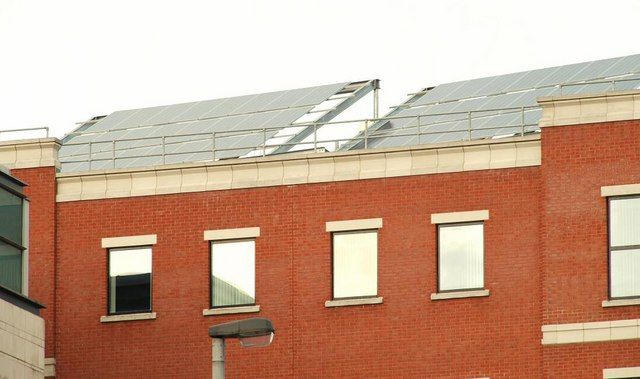Feed in tariff cuts criticised by CBI
It has been known for some time that the UK feed in tariff system is to be dramatically cut to half the current rate next month, but today the CBI has criticised the move; it says the decision to half the funding earlier than initially planned would damage investment in renewables and force companies to cancel planned work.

It has been known for some time that the UK feed in tariff system is to be dramatically cut to half the current rate next month, but today the CBI has criticised the move; it says the decision to half the funding earlier than initially planned would damage investment in renewables and force companies to cancel planned work.
The scheme means people who generate their own renewable energy get paid for that generation, on top of a tariff for surplus energy exported to the national grid. Currently this stands at 43p per kilowatt-hour and 3.1p respectively.
Not only does the move cause job losses and damage projects, say the CBI, it also causes uncertainty reducing the interest in investing in renewable technologies. They suggest that now the UK must create an industrial policy to help expand the UK low carbon sector.
The move has also been criticised by the local government association, who have warned it will cost councils who have attempted to provide the technology to poorer households at great cost. There have also been two legal challenges on the move by Friends of the Earth and a group of installers.
The DECC say that the move will ensure an enduring and strong solar future with a renewables sector able to stand on its own without large subsidies. The worry is that this move has been made too early and will stunt progress toward a buoyant solar market.




